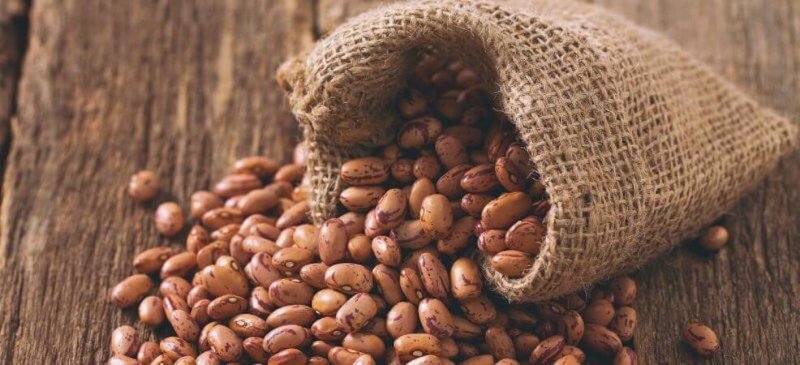Brazilian farms are expected to begin planting a transgenic [pinto] bean resistant to the main crop disease in October, and could be on dinner tables in early 2020, according to the …. Brazilian Agricultural Research Company (Embrapa ), a state institution under the Ministry of Agriculture.
The commercial launch of the variety developed by the state agency after 15 years of research that cost around $3.5 million has already divided industry representatives, for fear of negative reactions from consumers concerned about food safety.
…
According to Embrapa, the human and animal food safety of [the] beans has been demonstrated by several studies during the commercial release process …. which confirmed that its composition is equivalent to that of other common bean cultivars grown in Brazil.
Resistant to the golden mosaic virus
The [GMO] seed is resistant to the golden mosaic virus, a disease that attacks the common bean and can cause losses of 40% to 100% of the production, depending on the degree of infestation of the whitefly that transmits the virus.
[Editor’s note: This article was translated and lightly edited for clarity.]
Read full, original article: Transgenic virus-resistant bean will reach Brazilian dishes in 2020































